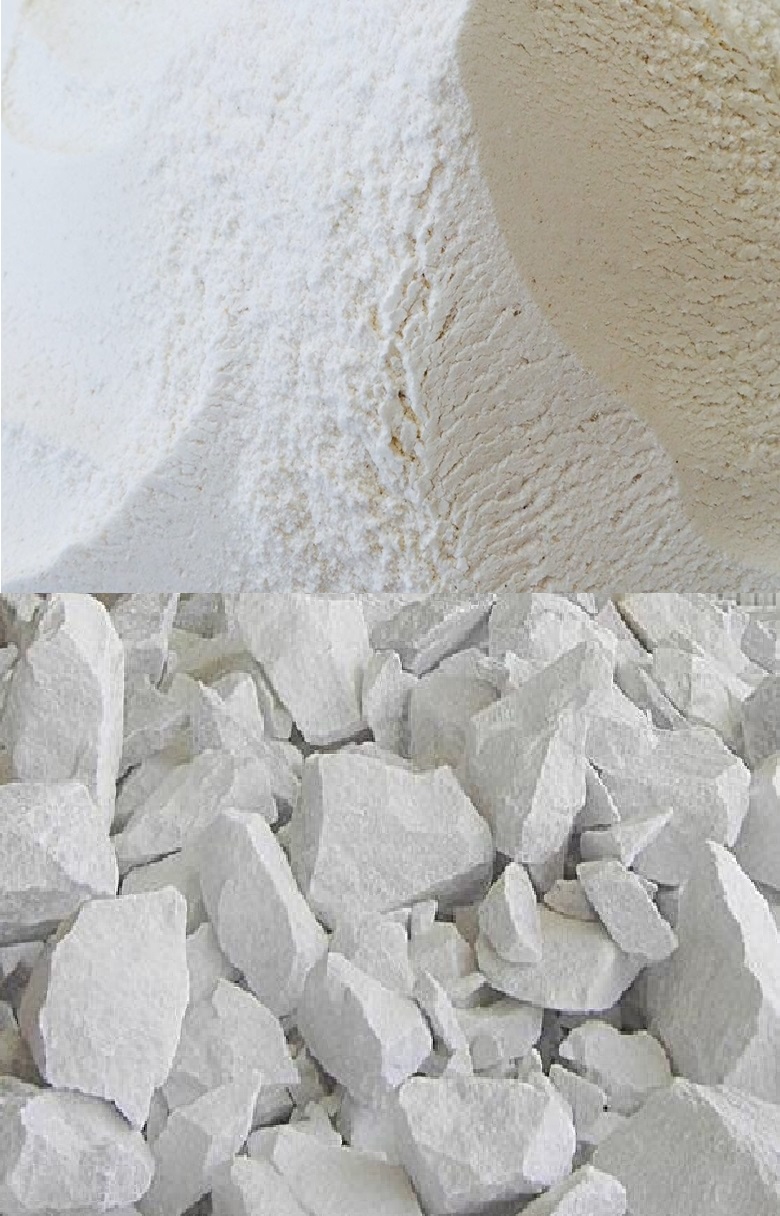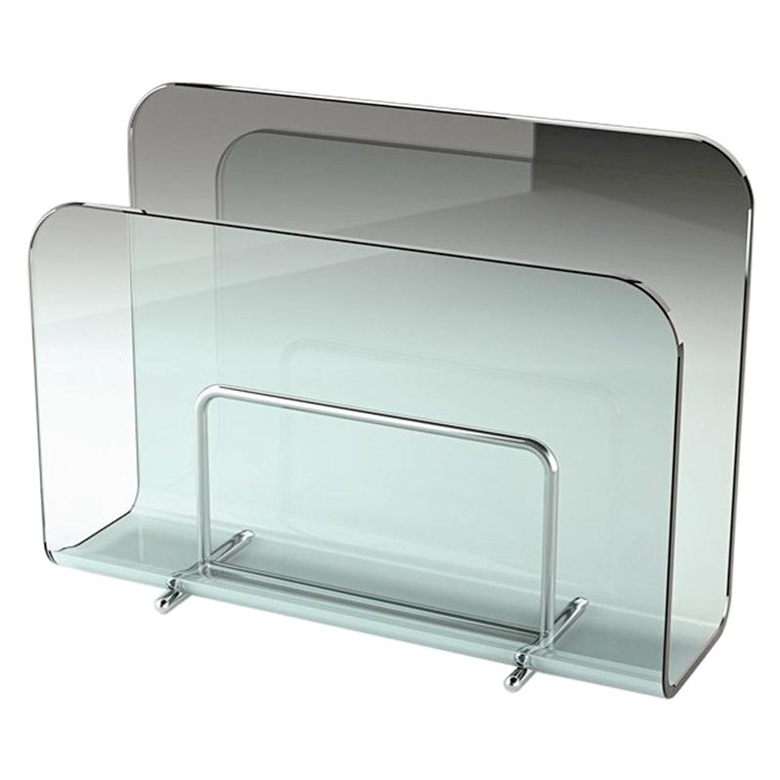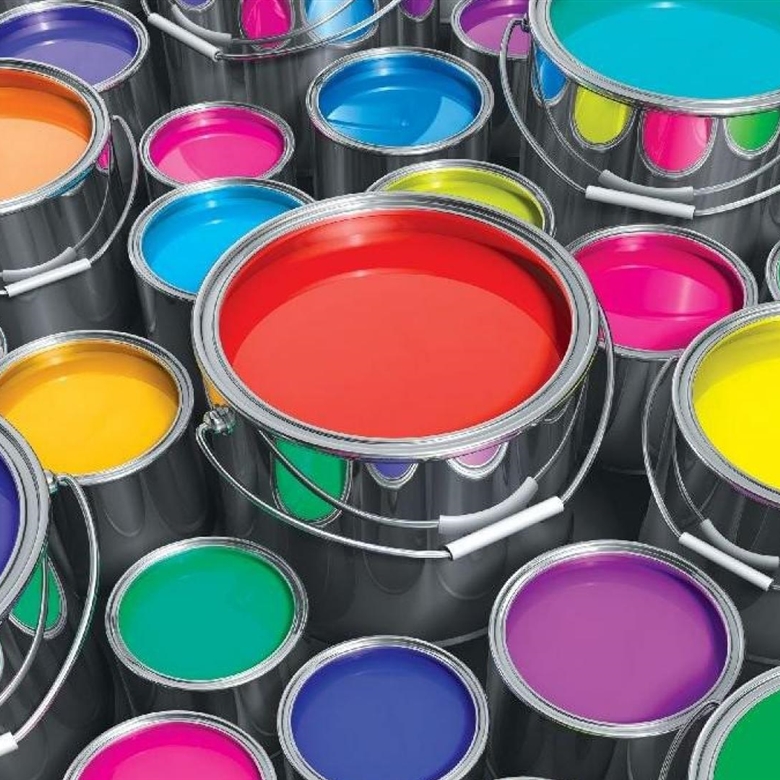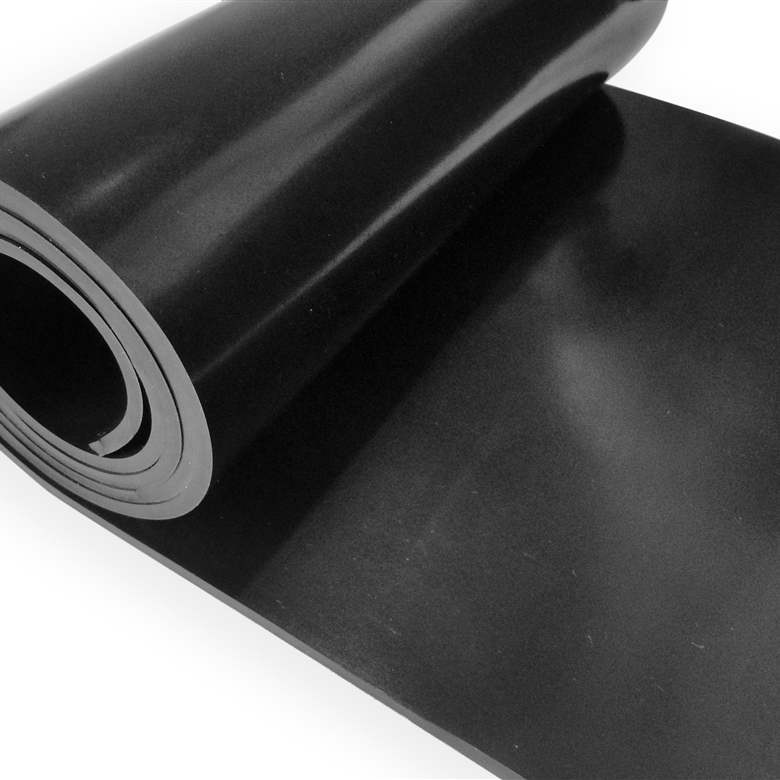Calcite Powder
Calcium Carbonate, commonly known as chalk or calcite is a non-combustible, non-toxic, odourless white powder with the formula CaCO3. It occurs naturally in the minerals aragonite, calcite, limestone and marble which makes up about 4% of the earth's crust. Calcium carbonate has an enormous range of applications and uses. These include usage in the construction and agriculture, as well as the plastics, glass, paint, paper, steel and oil industries.Calcium Carbonate is an important mineral for the healthy development of livestock. When calcium carbonate is dissolved in water saturated with carbon dioxide it produces a solution of calcium bicarbonate. Calcium carbonate, as it is used for industrial purposes, is extracted by mining or quarrying. Pure calcium carbonate can be produced from marble, or it can be prepared by passing carbon dioxide into a solution of calcium hydroxide. In the latter case calcium carbonate is derived from the mixture, forming a grade of product called “precipitated calcium carbonate,” or PCC. PCC has a very fine and controlled particle size, on the order of 2 microns in diameter, particularly useful in production of paper. The other primary type of industrial product is “ground calcium carbonate,” or GCC. GCC, as the name implies, involves crushing and processing limestone to create a powdery-like form graded by size and other properties for many different industrial and pharmaceutical applications.

Technical Details
| Parameter | Percentage |
| Calcium carbonate CaCO3 | 98.5% Min |
| PH | 9.5+0.5 |
| Iron (Fe) | 0.03% max |
| Fluoride (F) | 0.005% Max |
| Phosphate (Po4) | 0.05%max |
| Sulphate (So4) | 0.02%max |
| Silica (SIO2) | 0.05% max |
| Magnesia (MgO) | 0.5 %max |
| Lead (Pb) | 10 PPM Max |
| Arcenic (As) | 2 PPM Max |
| Chloride (CI) | Traces |
| Soluble Alkali (as Na2O) | Less than 0.15% |
| Loss on drying at 105°c | 50% Max |
| Solution in HCL (5n) | Clear |
| Specific Gravity | 2.64 to 2.80 |




